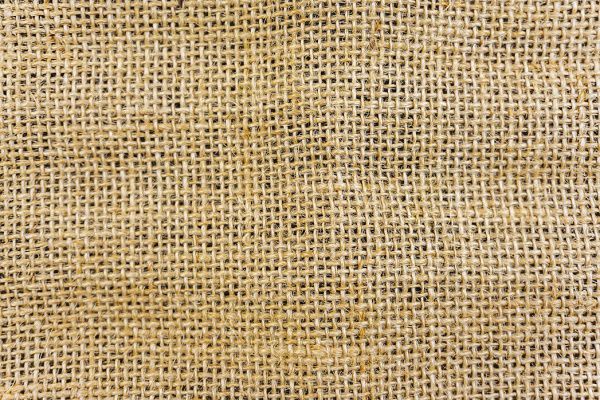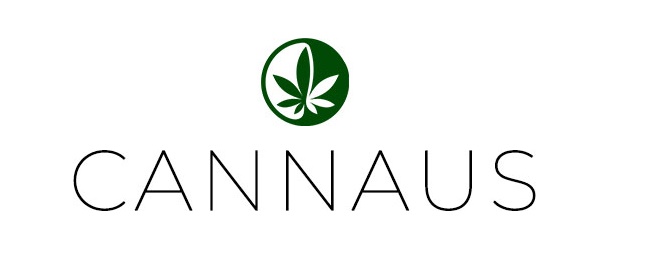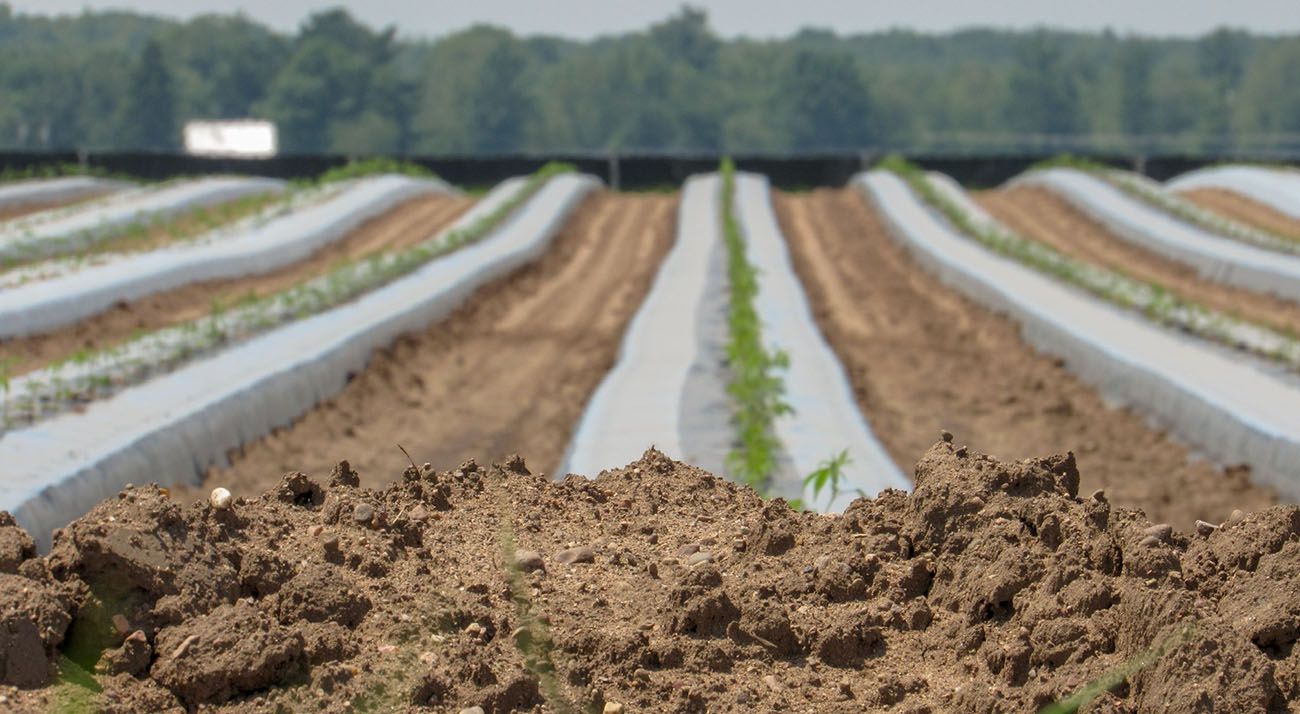Changes by the Food Standards Australia New Zealand legalised the production of hemp paper in Australia in 2017, but the hemp paper industry is still budding. Here’s its history and why it should stay.
The history of hemp paper
Hemp paper dates back over two thousand years to Ancient China, according to research from MIT. In the centuries following its creation, hemp paper was used globally in everyday life, as it was cheap to produce and lasted long term. That meant that newspapers, bills, letters, maps, bibles and banknotes were all printed onto hemp.
Today, researchers agree that 75 – 90% of the paper in the world was made with hemp until the 1880s.
Throughout history, hemp paper has also used in the production of a number of famous documents, including:
- The original drafts for the US constitution and the Declaration of Independence.
- The original books of Mark Twain, Victor Hugo and Alexander Dumas and ‘Alice in Wonderland’ by Lewis Carroll.
- The Gutenberg Bible and the King Jacob Bible.
The environmental benefits
In modern times hemp paper is seen as a niche product in the cannabis industry – but it shouldn’t be. While current restrictions on cannabis make hemp paper difficult and expensive to grow, expanding our hemp paper industry has huge environmental benefits.
A single acre of hemp can produce three times the amount of paper produced by an acre of trees. While it takes 20 – 80 years to grow an acre of trees, it only takes 3 – 4 months to grow an acre of hemp.
The yield of a hemp crop is also higher than the yield of a wood crop, according to a report from the Warsaw University of Life Sciences. Paper is made with cellulose, which makes up 80% of a hemp plant, but only 30% of a tree. This means very little of a hemp plant is wasted during production.

Part of this waste includes lignin, which cannot be processed into paper. Hemp contains 5 – 24% lignin while wood contains 20 – 35% lignin.
Producing hemp paper is also simpler than wood paper. Hemp paper can be whitened with hydrogen peroxide, meaning the production of hemp paper doesn’t leak chemicals like chlorine and dioxins into Australia’s waterways. While the resulting paper is much the same, hemp is a more durable substance. As hemp does not yellow with age or decompose as quickly it lasts centuries longer than wood paper.
Today, the hemp paper industry is still getting re-started after years of cannabis prohibition. Given its potential as a weed eco-warrior, that’s a damn shame.








